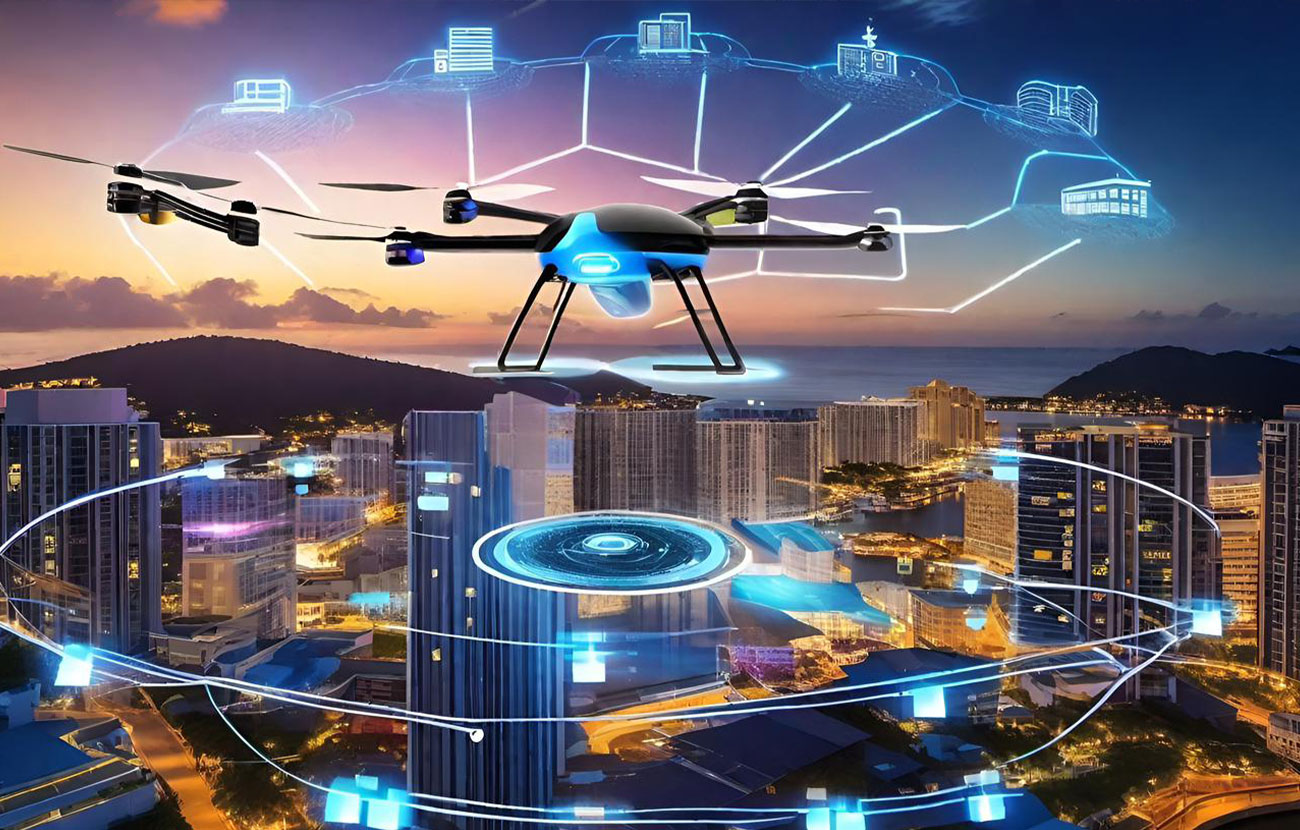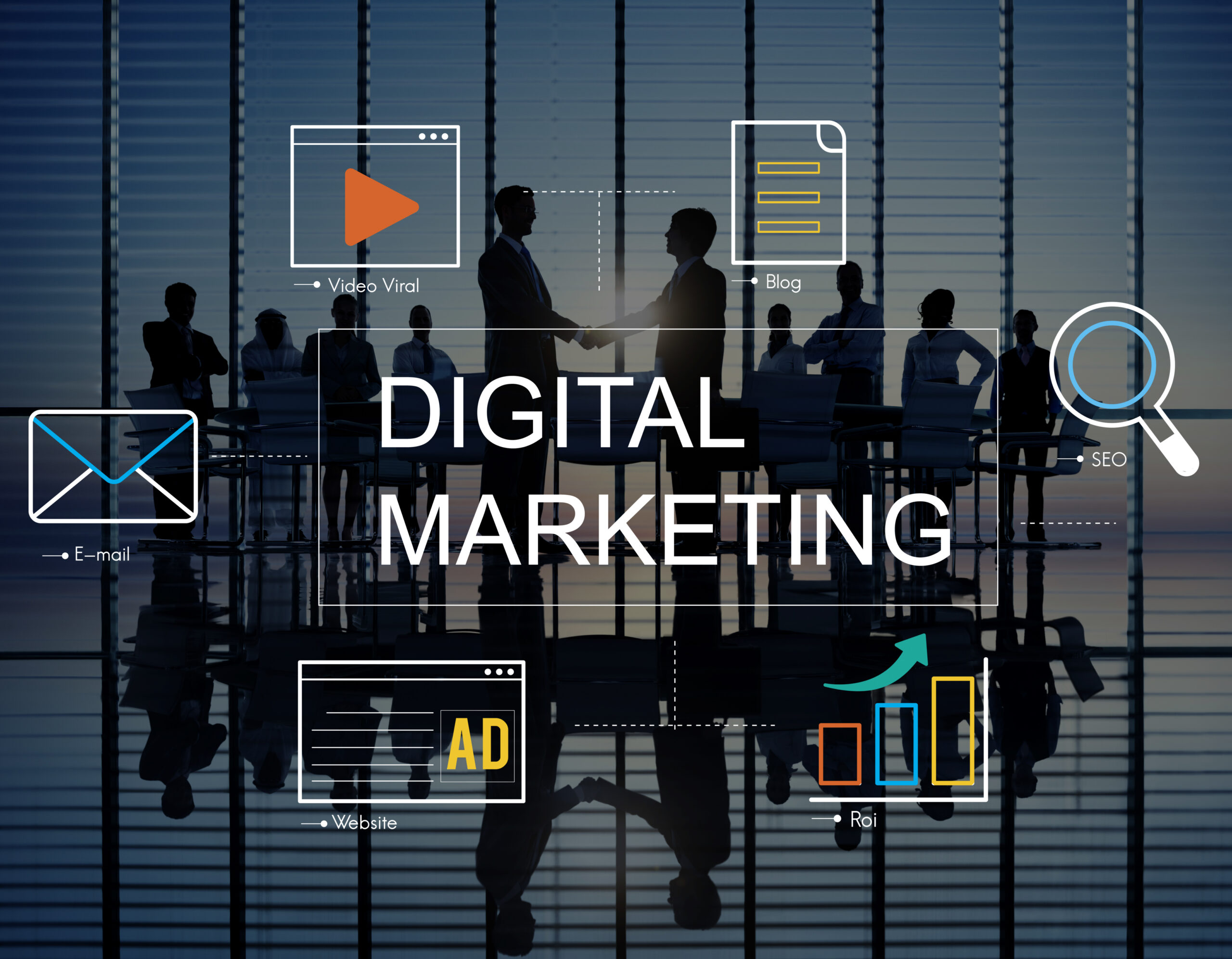Emerging Technologies: Opportunities and Challenges for Government Entities

The rapid pace of technological evolution has profoundly impacted various sectors, with government agencies being no exception. Emerging technologies offer a multitude of possibilities for improved service delivery, increased efficiency, and enhanced citizen engagement. However, these advancements also bring forth challenges that governments must navigate adeptly. This article delves into the opportunities and potential pitfalls associated with these technological trends.
Opportunities Offered by Emerging Technologies
- Smart Cities: Internet of Things (IoT) devices can transform urban centers into smart cities, optimizing traffic flow, enhancing waste management, reducing energy consumption, and improving public safety.
- Improved Service Delivery: Technologies like AI can streamline processes, from handling citizen queries through chatbots to predictive analytics for public health.
- Enhanced Communication: Augmented Reality (AR) and Virtual Reality (VR) can facilitate immersive communication experiences, offering virtual tours of public facilities or AR-assisted public service announcements.
- Remote Work and Collaboration: Cloud computing and advanced collaboration tools enable remote work, ensuring continuity of government operations even during crises.
- Data-Driven Decision Making: Big Data analytics provides insights into vast amounts of data, helping in policy formulation, resource allocation, and performance evaluation.
Challenges Posed by Emerging Technologies
- Cybersecurity Concerns: As governments adopt more digital solutions, they become potential targets for cyber-attacks, necessitating advanced security measures.
- Integration with Legacy Systems: Many government agencies operate on older systems. Integrating emerging technologies without disrupting existing operations can be a complex endeavor.
- Ethical Implications: AI and big data analytics can raise ethical concerns related to privacy, surveillance, and bias.
- Budgetary Constraints: Investing in cutting-edge technologies requires significant funds, a challenge given the often limited budgets of public agencies.
- Talent Acquisition and Training: There’s a need for skilled professionals to manage and operate these advanced technologies, coupled with the challenge of upskilling existing personnel.
Navigating the Future
For governments to harness the full potential of emerging technologies, a strategic approach is essential:
- Collaboration with the Private Sector: Partnering with tech firms can offer access to expertise, solutions, and innovative practices.
- Regular Training Programs: To ensure that government staff can effectively use new technologies.
- Citizen Engagement: Gathering feedback from citizens can guide the implementation of technologies, ensuring they meet public needs and expectations.
- Pilot Programs: Before a full-scale rollout, pilot programs can help identify potential issues and optimize solutions.
- Ethical Guidelines: Establishing a framework for ethical tech use can help address concerns related to privacy, bias, and surveillance.
Emerging technologies present a double-edged sword for government entities. While they offer unprecedented opportunities for modernization and improved service delivery, they also introduce complexities and challenges. With a forward-thinking approach, proactive strategy, and a focus on ethical considerations, governments can lead the charge into a promising digital future, benefiting both agencies and the citizens they serve.




